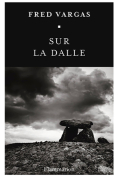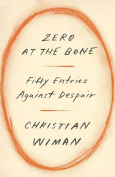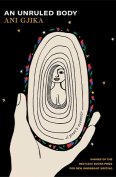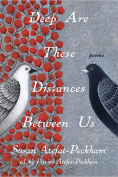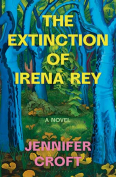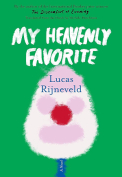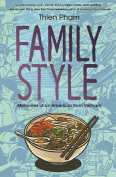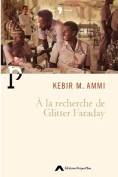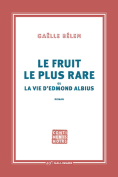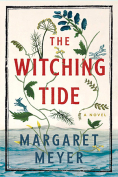My Heavenly Favorite by Lucas Rijneveld
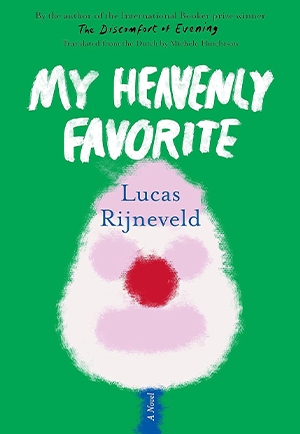 Minneapolis. Graywolf Press. 2024. 288 pages.
Minneapolis. Graywolf Press. 2024. 288 pages.
Lucas Rijneveld, winner of the 2020 International Booker Prize for his debut novel, The Discomfort of Evening, is no stranger to darkness. But his most recent novel, My Heavenly Favorite, goes even further into forbidden terrain by tracing the fall of a farm veterinarian as he descends into obsessive love for a fourteen-year-old, the daughter of a farmer, whom he has known since childhood. Rijneveld, a nonbinary writer, mixes this infatuation with the child into a dizzying combination of identity confusion, desire for a lost youth, and the inability to recognize where reality ends and fantasy takes over.
The farm setting provides images of death and destruction that recall the earlier novel. The culling of the herd required by hoof-and-mouth disease causes a farmer to commit suicide. His dangling body haunts the troubled vet. The Dutch Reform religion does not allow him freedom to discuss his depression, made more profound by world events like 9/11 and mundane deaths like the suicide of Kurt Cobain. His child lover even names him Kurt as if to underline this connection.
Memories of his mother’s insults further estrange him from normal sexual development. He himself is a lost child, caught between a youth too painful to recall and an adulthood he rejects. He feels caught in the netherworld of an aging pederast, without the ability to advance even though he has married and fathered two sons. His wife calls him a “kiddie fiddler.” He promises his victim a change of gender, but, on the cusp of puberty, she would rather have young boyfriends. Inevitably, he will be spurned for more natural companions. The world chooses others, abandoning his attempts to ingratiate himself with youth, their music, and culture. He runs every night, but he cannot escape his fear of damnation; he sees no way to expiate his sins. He indulges in magical thinking where he is transformed into the ideal suitor but inevitably wakes up as a toad. Only in fantasy can he shed his gross materiality. He will never be a boy again but refuses to recognize or accept his adulthood.
Elizabeth Fifer
Center Valley, Pennsylvania


